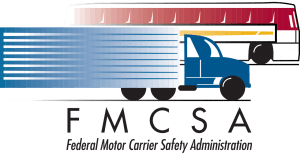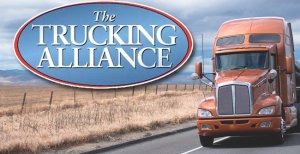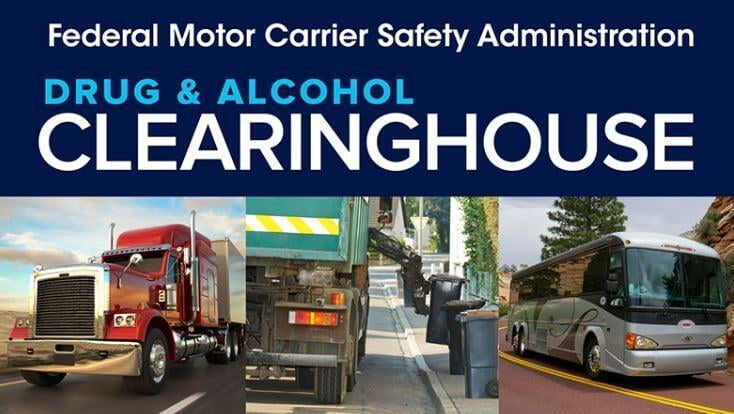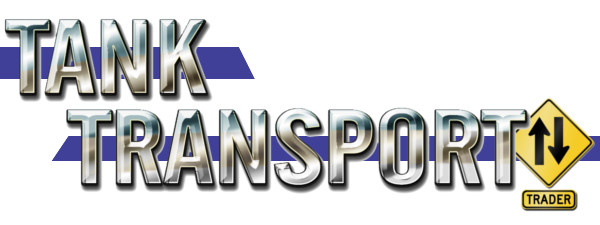FMCSA denies request for data from Trucking Alliance to expand scope of drug clearinghouse results
- Carriers represented by the Trucking Alliance asked for hair testing results
- FMCSA said that it lacked the statutory authority to do so
- Alliance had argued that expanded testing would improve on-road safety

FMCSA once again denied a request from a group of carriers to expand the scope of drug clearinghouse results reported to include hair testing.
The Federal Motor Carrier Safety Administration (FMCSA) once again denied a request from a group of carriers to expand the scope of drug clearinghouse results reported to include hair testing.
Carriers represented by the Trucking Alliance asked for hair testing results to be included with urinalysis data on the FMCSA’s Drug and Alcohol Clearinghouse. But the agency said Dec. 23 that it lacked the statutory authority to do so.
The alliance had argued that expanded testing would improve on-road safety. The group said the shift would reduce the likelihood of truck drivers who use illegal drugs from operating commercial vehicles until they complete rehabilitation.
The agency punted responsibility to the Department of Health and Human Services (HHS), which the FMCSA says must decide whether hair samples can be used in federal drug testing programs. HHS is currently evaluating whether hair testing can be included, noting potential complications with factors such as hair bleaching.

Carriers represented by the Trucking Alliance asked for hair testing results to be included with urinalysis data on the FMCSA’s Drug and Alcohol Clearinghouse.
Enjoying our insights?
Subscribe to our newsletter to keep up with the latest industry trends and developments.
Stay InformedThe alliance, formally known as the Alliance for Driver Safety and Security, includes major carriers such as J.B. Hunt, Knight-Swift Transportation, Maverick Transportation, Schneider National and U.S. Xpress Enterprises.
Despite the request denial, Managing Director Lane Kidd maintained the group’s interest in pursuing the matter.
“We’ll continue to press the issue, because thousands of drivers who abuse drugs are out there on the highway,” Kidd said in an email to Transport Dive.
J.B. Hunt noted in a submission to the FMCSA that in 2021, hair testing found evidence of drug use in 7,159 applicants, but more than 6,400 of those cases passed urinalysis. The company said it’s likely that those who passed the urine test would have been hired if the carrier only relied on the Department of Transportation test.
Opponents have argued the change would increase costs for smaller carriers to require the additional testing, among other arguments. In addition, groups such as the Sikh Coalition and North American Punjabi Trucking Association say it could create potential discrimination based on job applicants’ physical factors, such as individuals with black or brown hair, which could produce a false positive result.
Other opponents included the Owner-Operator Independent Drivers Association, the Teamsters Union and the National Association of Small Trucking Companies.
Supporters of the proposal have said that while companies use urine and hair testing to screen out potential hires for drug use, drivers who fail the latter test can still get jobs with other carriers because businesses can’t share results on the clearinghouse.
The agency reported that during the public comment period from Aug. 24 to Sept. 23, 31 comments showed support for the proposal while 70 comments opposed it.
The outcome repeats a previous push by the alliance to expand the clearinghouse. In 2020, a law firm representing the companies called for the inclusion of hair drug testing, but FMCSA said at the time it lacked the statutory authority and denied the request in 2021.
About FMCSA’s Drug and Alcohol Clearinghouse
The Federal Motor Carrier Safety Administration’s (FMCSA) Drug and Alcohol Clearinghouse is an online database that stores information related to commercial driver’s license (CDL) holders’ drug and alcohol violations, including positive drug or alcohol test results, refusals to test, and completion of the return-to-duty process. The Clearinghouse was established as part of the Moving Ahead for Progress in the 21st Century Act (MAP-21) and went into effect on January 6, 2020.
The purpose of the Clearinghouse is to improve highway safety by identifying CDL holders who have violated FMCSA’s drug and alcohol testing regulations and preventing them from operating commercial motor vehicles (CMVs) until they have completed the required return-to-duty process.


















